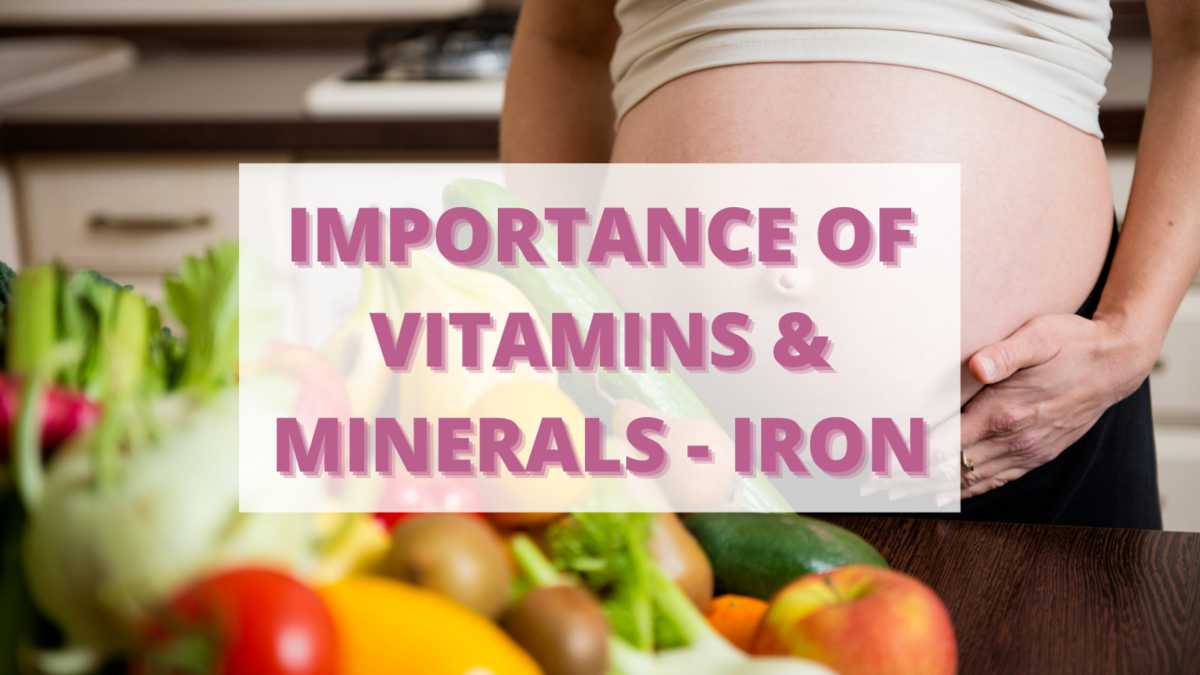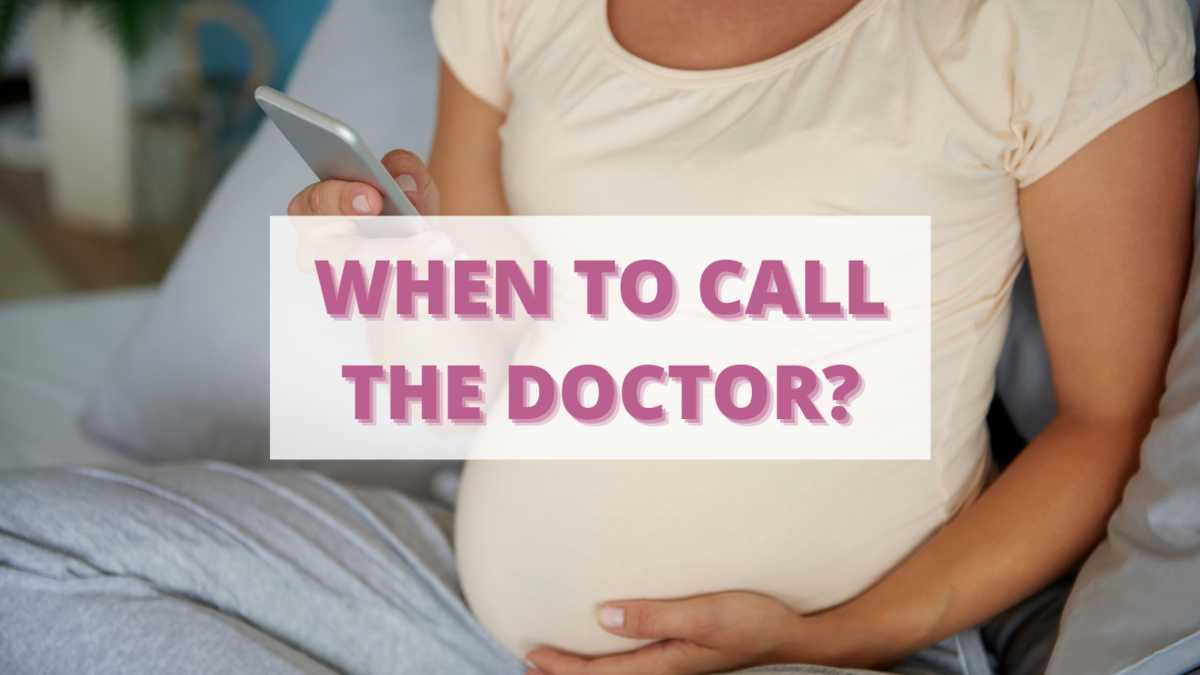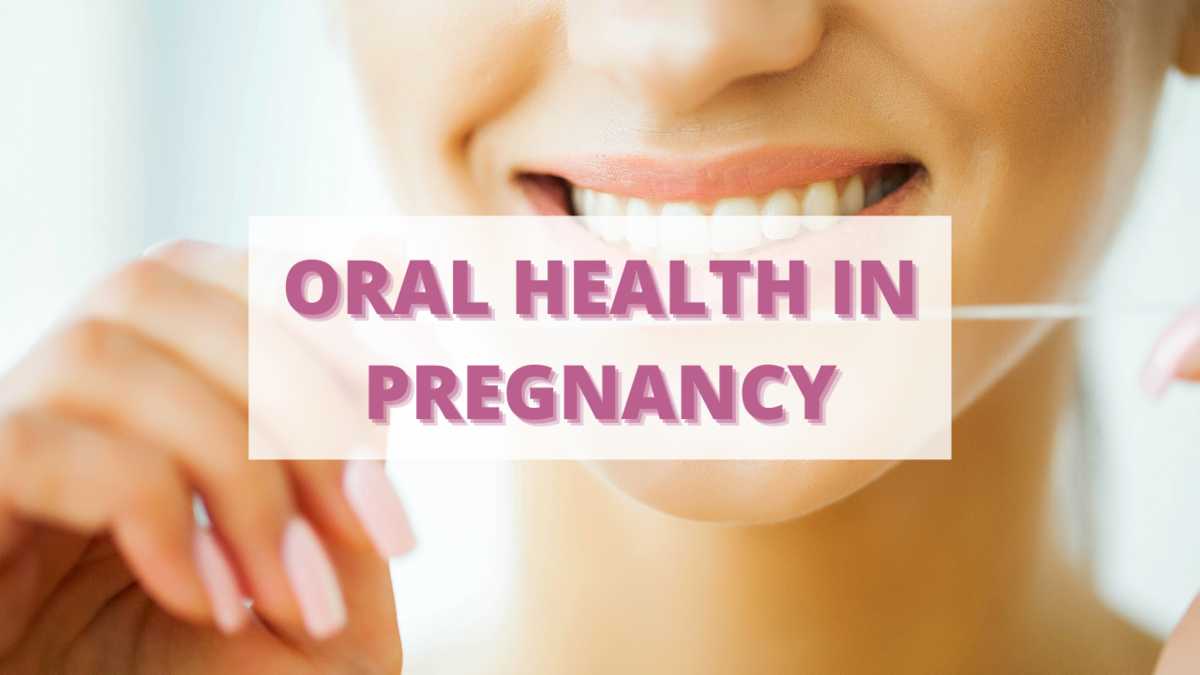Following general food safety recommendations helps you have a healthy pregnancy as its easier to get a foodborne illness while pregnant.
Following general food safety recommendations helps you have a healthy pregnancy as its easier to get a foodborne illness while pregnant.
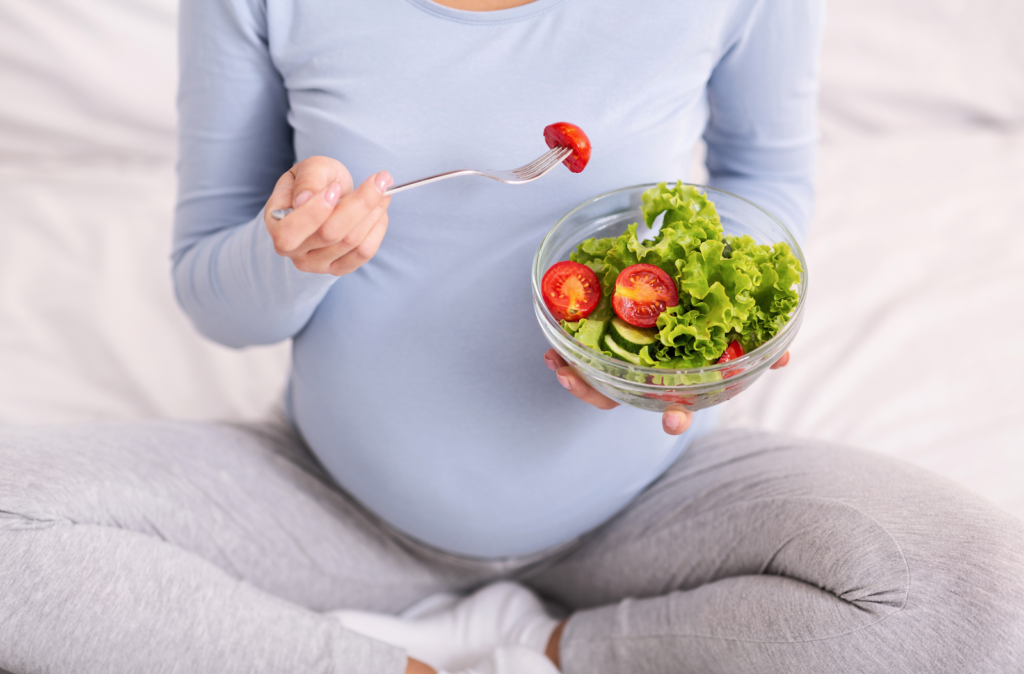
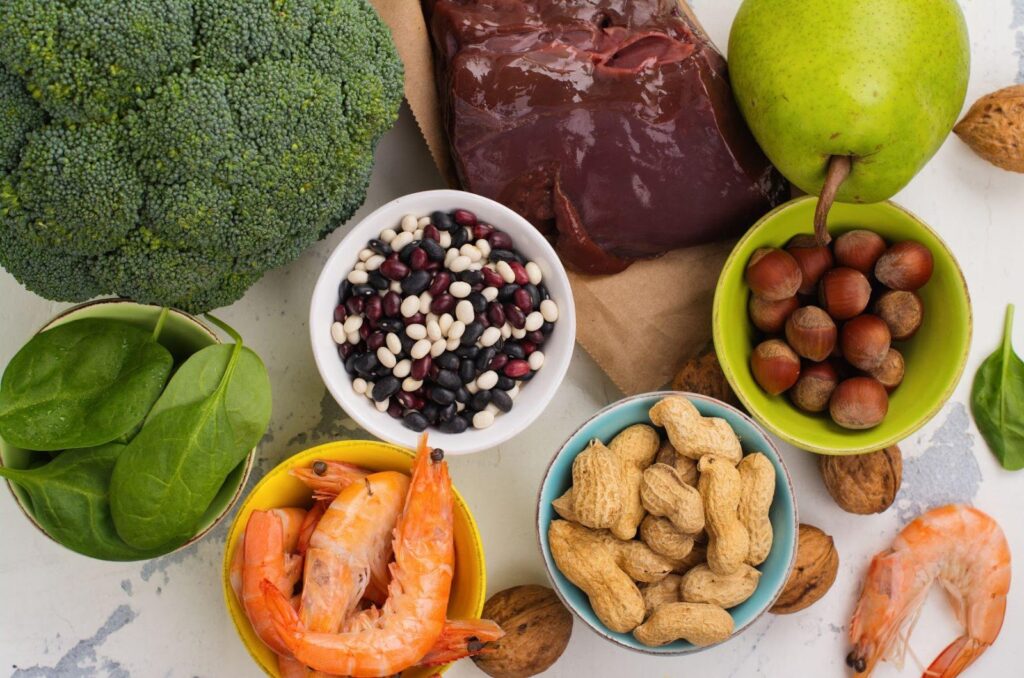
What are the types of food contamination?
Major food contamination risks include:
- Toxoplasma gondii, a parasite found in undercooked meat, unwashed vegetables, and dirty cat litter boxes
- Listeria monocytogenes, a bacterium that can contaminate ready-to-eat foods and unpasteurized dairy and can grow in your refrigerator
- Mercury, which is a heavy metal found in certain types of fish
These toxins can cause serious illnesses, and they can affect your baby’s development. You should avoid or limit consuming certain foods and beverages while you’re pregnant. Discuss your diet with your doctor and let them know about any questions, concerns, or symptoms you have.
General Food Safety Recommendations
- Wash your hands with hot, soapy water for at least 20 seconds before and after handling raw meat, fish, shellfish, poultry and eggs
- Clean and disinfect all surfaces after handling food in the kitchen, especially raw foods, by using a sanitiser.
- Wash and disinfect your refrigerator often to reduce the chance of bacteria spreading from one food to another.
- Defrost frozen foods in the refrigerator, in cold water, or in the microwave. Do not defrost food at room temperature.
- Fully clean and cook all meats, fish, shellfish, and poultry well.
- Avoid raw fish and shellfish such as sushi, raw oysters, clams and mussels.
- Avoid raw or lightly cooked egg or egg products.
- Wash raw vegetables and fruit well with clean, running water before eating.
- Do not eat sprouts if they are not cooked. Raw sprouts can be contaminated with bacteria.
- Separate raw and cooked foods to avoid cross-contamination. Clean all knives, cutting boards and utensils between uses.
- Keep hot food hot (60ºC or above) and cold food cold (4ºC or below). Your fridge should be set to 4ºC or lower.
- Avoid eating fish and seafood that is high on mercury content
- Put all perishables, prepared food and leftovers into the refrigerator or freezer within two hours.
- Keep leftovers for no more than four days, preferably only two to three days, in the refrigerator. When serving leftovers, reheat the food all the way through to steaming (to at least 74ºC).
- Do not drink unpasteurized fruit juice or cider. Pasteurized juice and cider are the safest choices.
- If you have a cat, ask someone else to change the cat litter box during your pregnancy, and wear gloves when gardening or handling soil.
Conclusion
Pregnant women are more susceptible to food contamination that can harm the health of both the mother and the baby. It is important to be aware and follow all the food safety guidelines to ensure that your pregnancy is free from any such health hazards.
Special thanks to Dr Neena Nichlani (MBBS, DGO, DNB, FMAS) for expert advice


